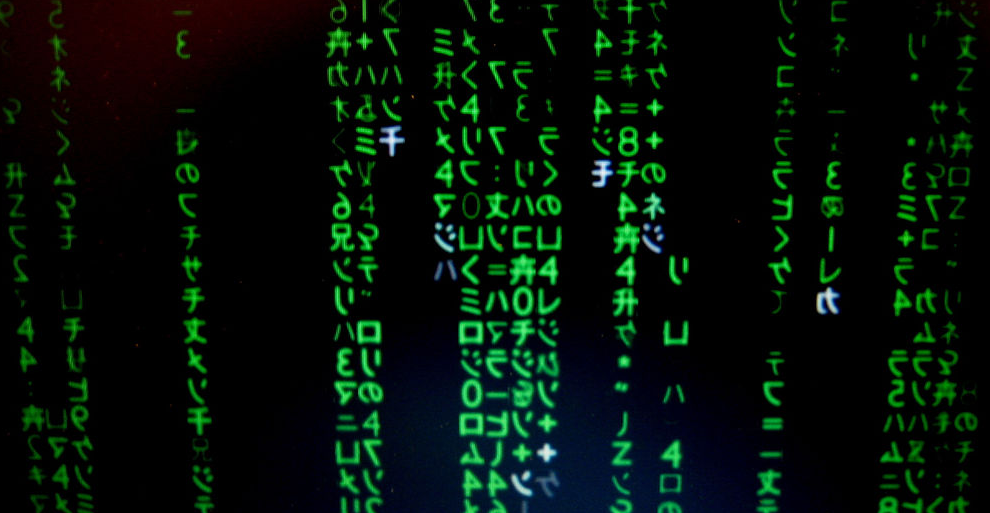Store your data under glass
Developers at Hitachi have created a new, more durable data solution
Lily Hay Newman • September 26, 2012

Data could one day be preserved forever. [Image Credit: PSD via Flickr]
Losing data sucks. One minute you’re showing off the GoPro video you took while skydiving and the next minute your external hard drive is soaked in margarita mix and making ominous grinding sounds. The worst. But developers at Hitachi announced on Sept. 24 that they have created a way to preserve data for millions of years.
By etching binary onto a quartz glass plate, researchers are able to store a CD’s worth of data in a form that can withstand very hot and cold temperatures, physical abuse, radio wave disruption and chemical erosion. Best of all, the glass chips are waterproof.
The data is being stored as basic binary dots so it can be retrieved no matter how technology evolves, and researchers are hopeful that they will be able to fit even more data per square inch on the chips by adding additional layers of quartz.
Attempts at secure data solutions have been improving in the past few years, but size and power constraints have limited their use. Even cloud storage isn’t entirely secure if natural disasters or other accidents compromise offsite data facilities.
Hitachi hasn’t released any pricing or mass production information yet and is considering testing the technology on large museum or government archives first. The plates should spread to consumers soon, though, and if you’re going to preserve something for millions and millions of years it might as well be footage of you screaming hysterically as your parachute opens.